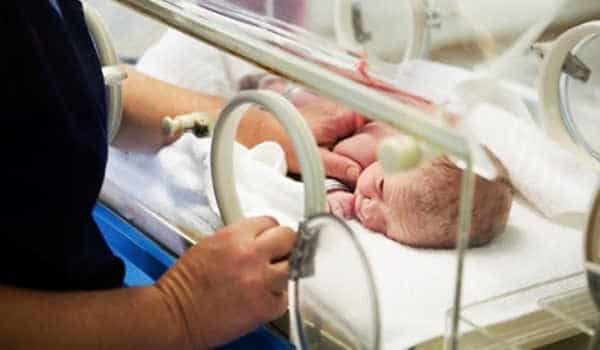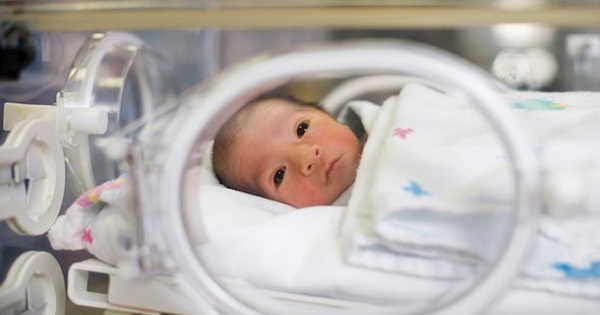According to researchers from Hiroshima University in Japan, babies younger than four weeks old, known as neonates, were once thought not to perceive pain due to not-yet-fully-developed sensory systems.
Not only do babies feel pain, but the different levels can be standardized to help nurses recognize and respond to the babies’ cues if the nurses are given the opportunity to learn the scoring tools and skills needed to react appropriately. With tight schedules and limited in-person courses available, the researchers hypothesized that virtual e-learning could provide a way forward for nurses to pursue training in this area on their own.
To test this hypothesis, researchers conducted a pilot study in seven hospitals across Japan with 115 nurses with varying levels of formal training and years of experience. They published their findings in Advances in Neonatal Care.
Babies younger than four weeks old, called neonates, were once thought not to perceive pain due to not-yet-fully-developed sensory systems, but modern research says otherwise.
“Despite a growing body of knowledge and guidelines being published in many countries about the prevention and management of pain in neonates hospitalized in the NICU, neonatal pain remains unrecognized, undertreated, and generally challenging,” said Mio Ozawa, associate professor in Hiroshima University’s Graduate School of Biomedical and Health Sciences.
Based on selected standardized pain scales, the researchers created a comprehensive multimedia virtual program on neonatal pain management for nursing staff to learn how to use measurement tools independently. The e-Pain Management of Neonates program is the first of its kind in Japan.

When babies are born prematurely, have health issues, or have a difficult birth, they are admitted to the hospital’s NICU. NICU is an abbreviation for “neonatal intensive care unit.” Babies are cared for 24 hours a day, seven days a week by a team of experts. The majority of these babies are admitted to the NICU within 24 hours of birth. The length of their stay is determined by their health. Some babies only stay for a few hours or days, while others stay for weeks or months.
“The goal of the study was to confirm the feasibility of the program and whether e-learning actually improves nurses’ knowledge and scoring skills,” said paper author Mio Ozawa, an associate professor in Hiroshima University’s Graduate School of Biomedical and Health Sciences. “The findings of this study indicate that nurses could gain knowledge and skills in measuring neonatal pain through e-learning.”
At the start of the study, the entire cohort took a pre-test before embarking on a self-paced, four-week e-learning program dedicated to learning standardized pain scales to measure discomfort in babies. After four weeks, however, only 52 nurses completed the post-test. Scores increased across a range of years of experience and formal education for those 52.
Ozawa acknowledged that the sample size was small, but that the improved test scores suggested the potential for e-learning.
“Future research will need to go beyond the individual level to determine which benefits are produced in neonatal pain management in hospitals where nurses learn neonatal pain management through e-learning,” Ozawa said. “This study demonstrates that a virtually-delivered neonatal pain management program can be beneficial for nurses’ acquisition of knowledge and skills for managing neonatal pain, including the appropriate use of selected scoring tools.”














